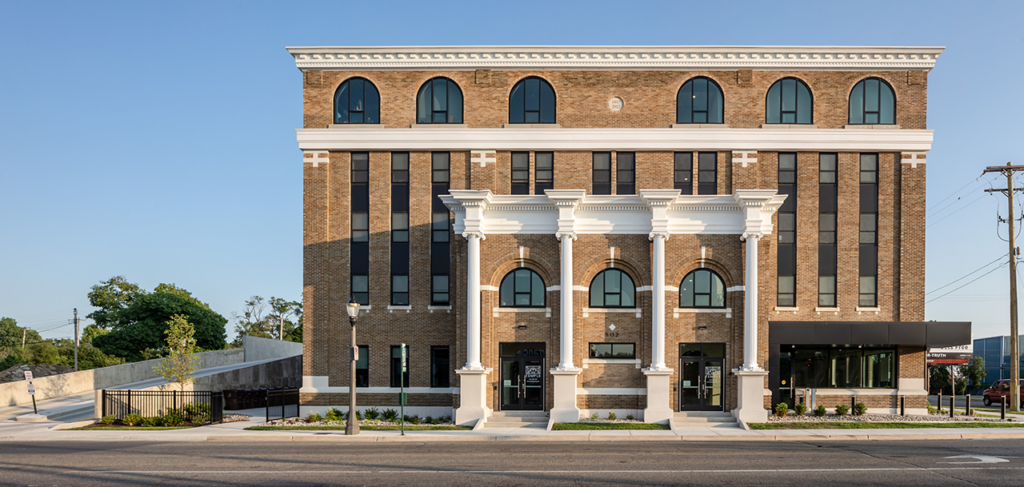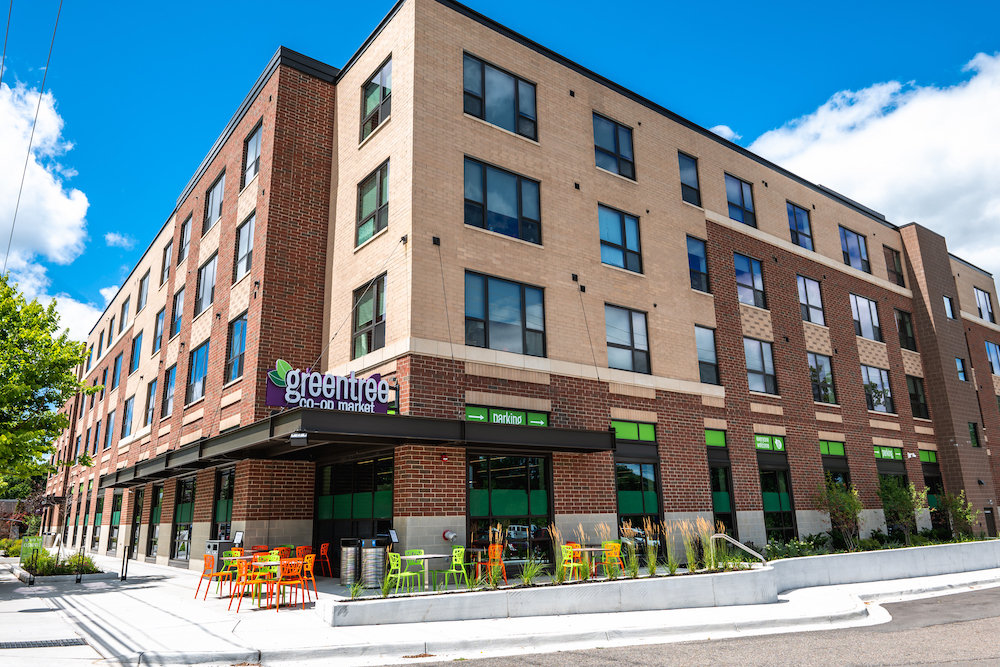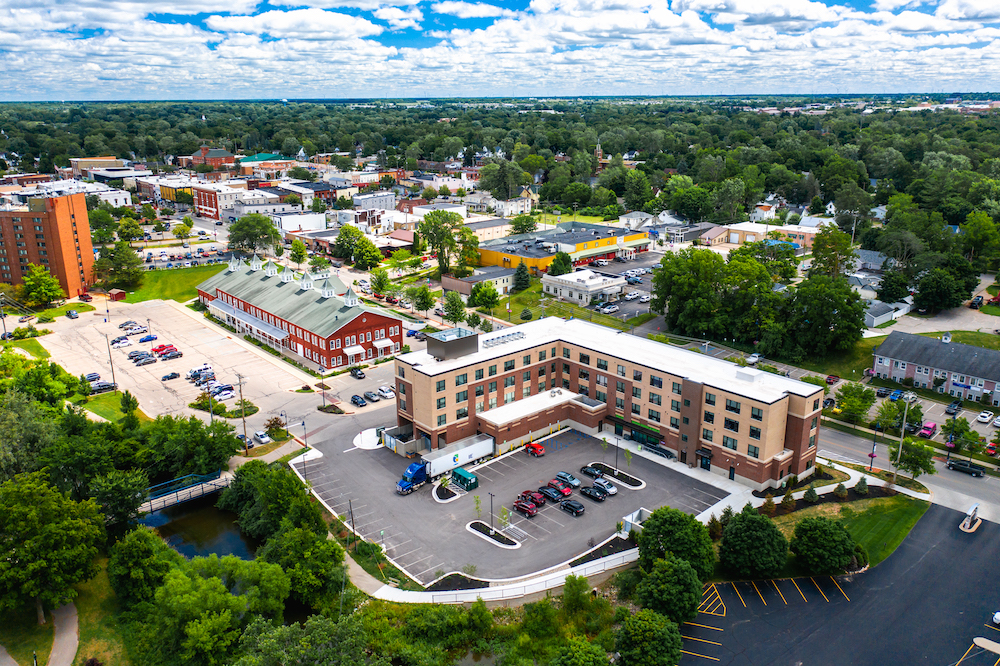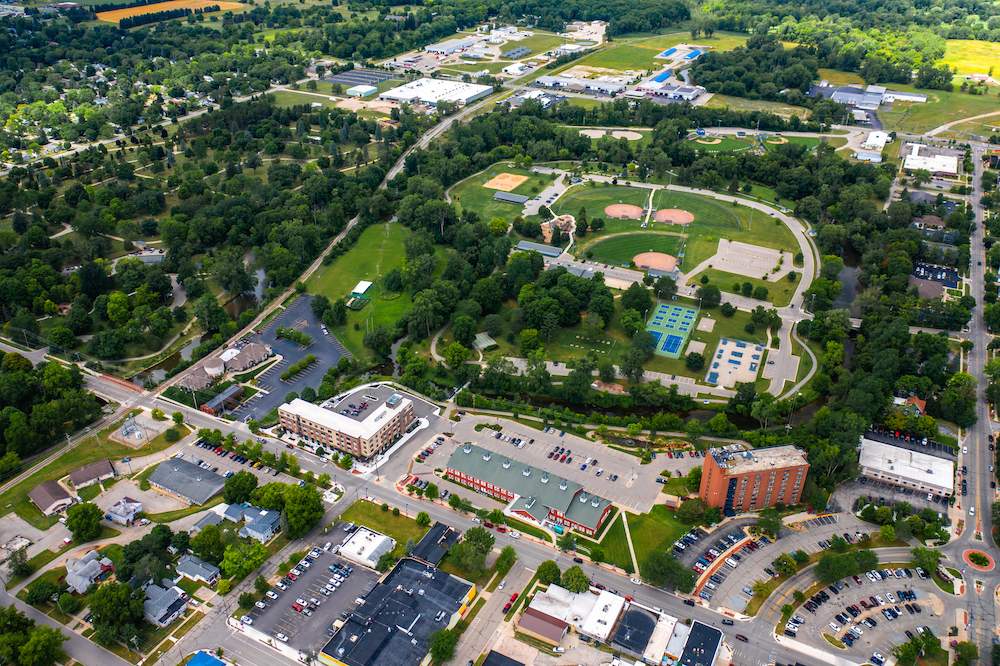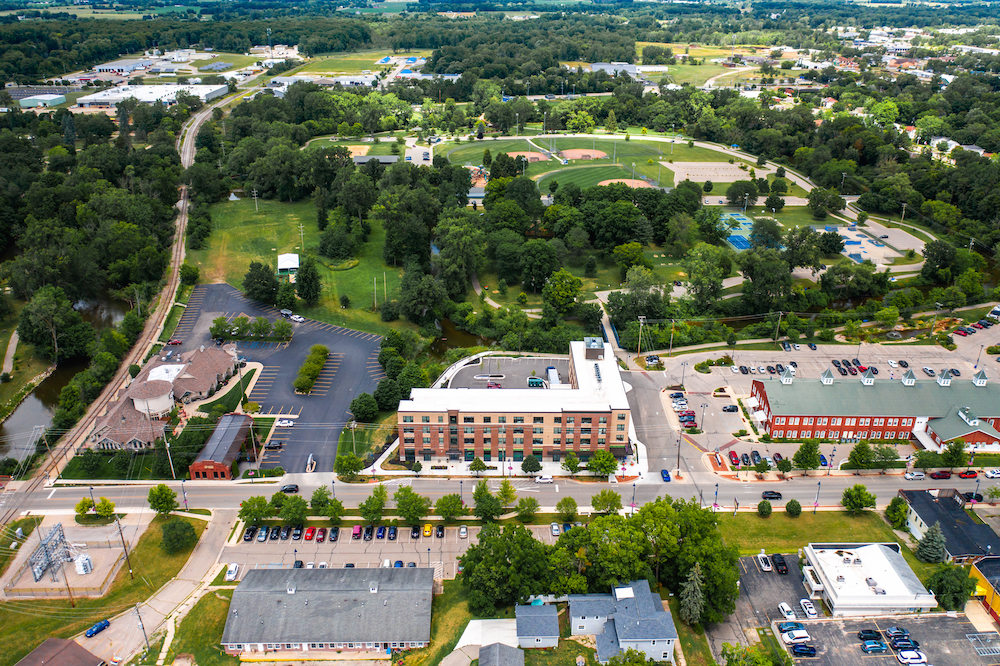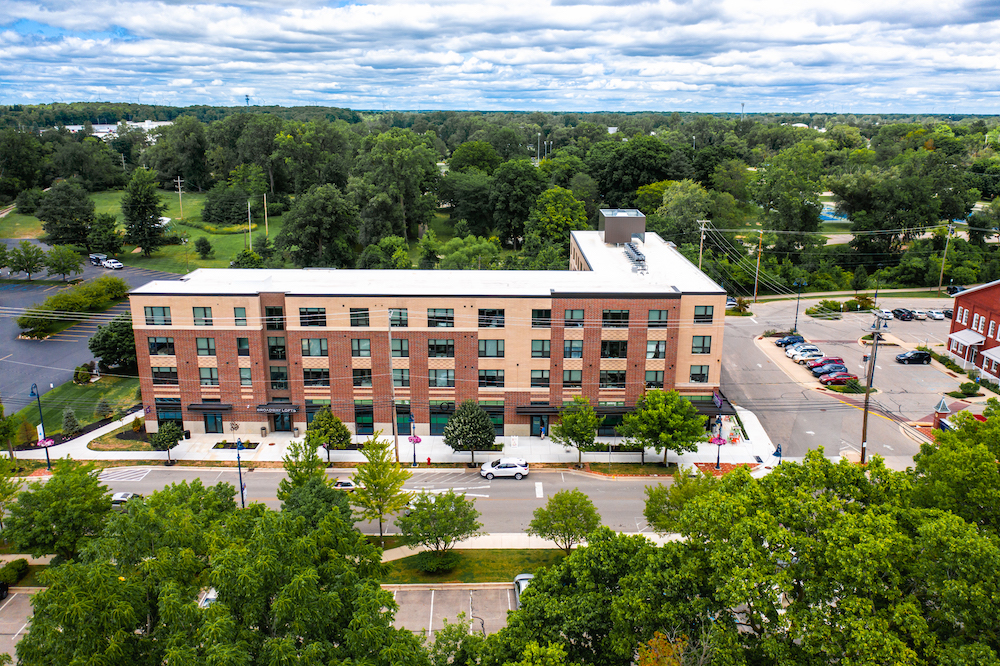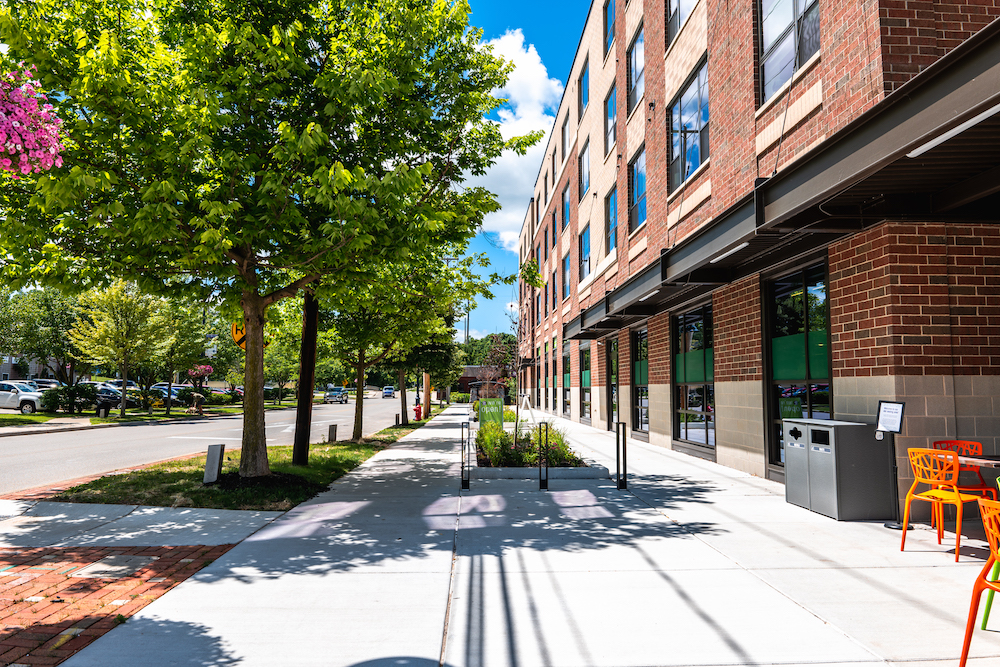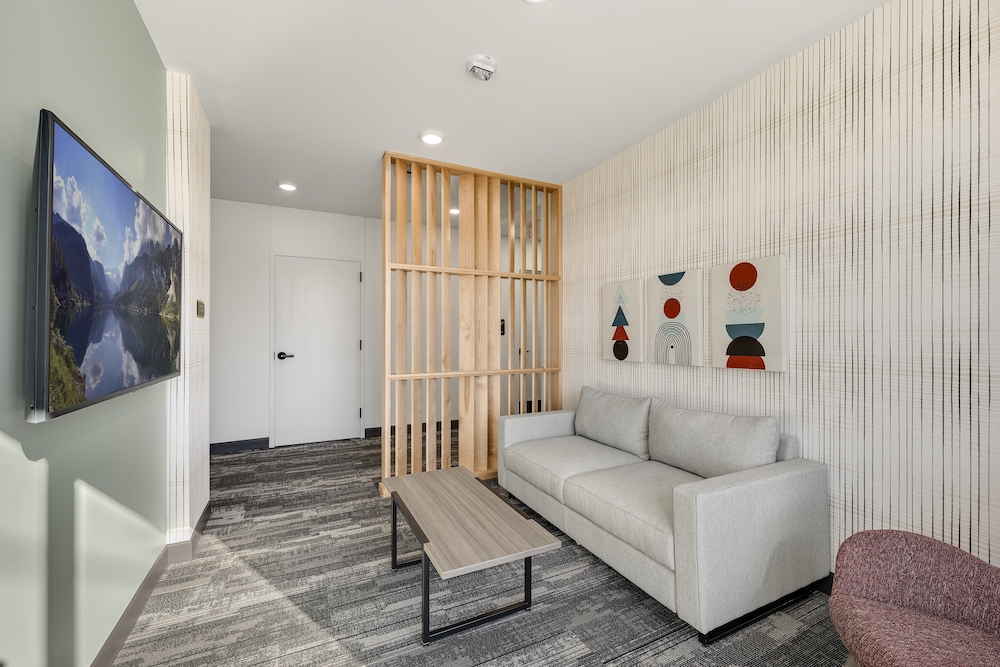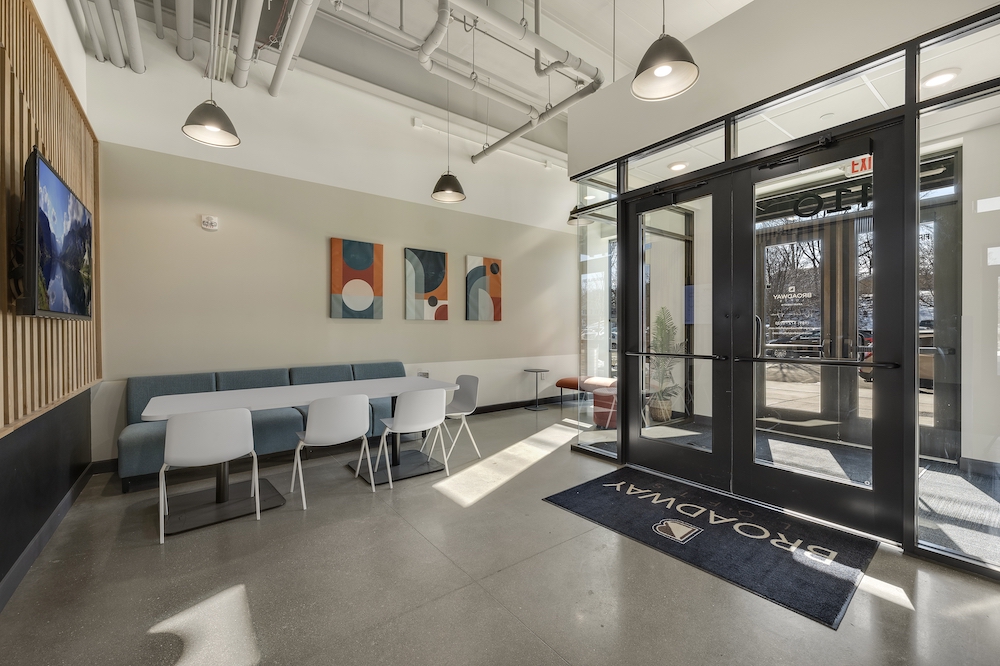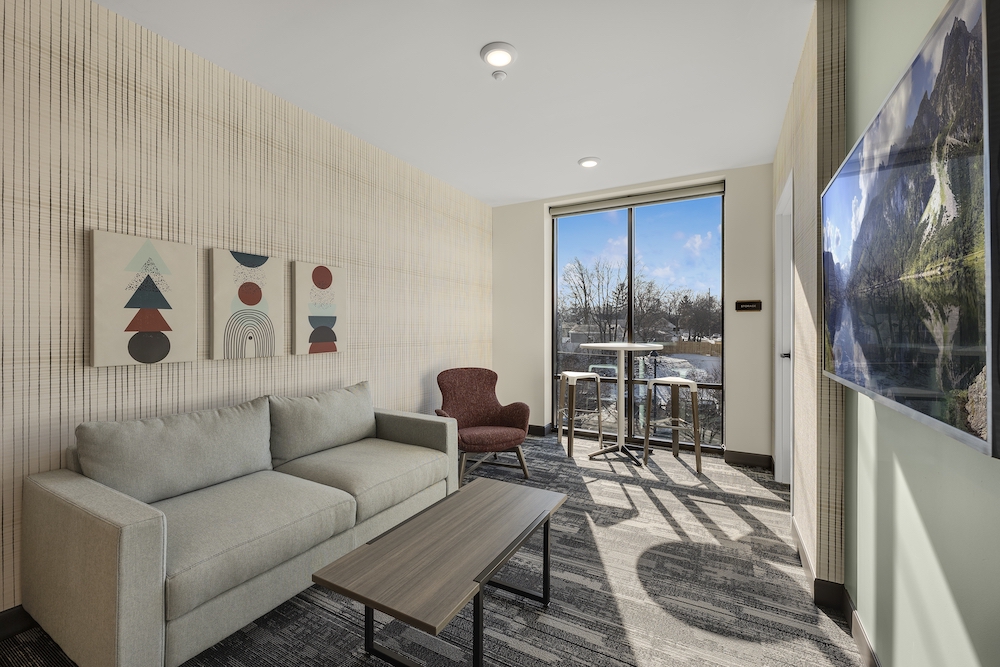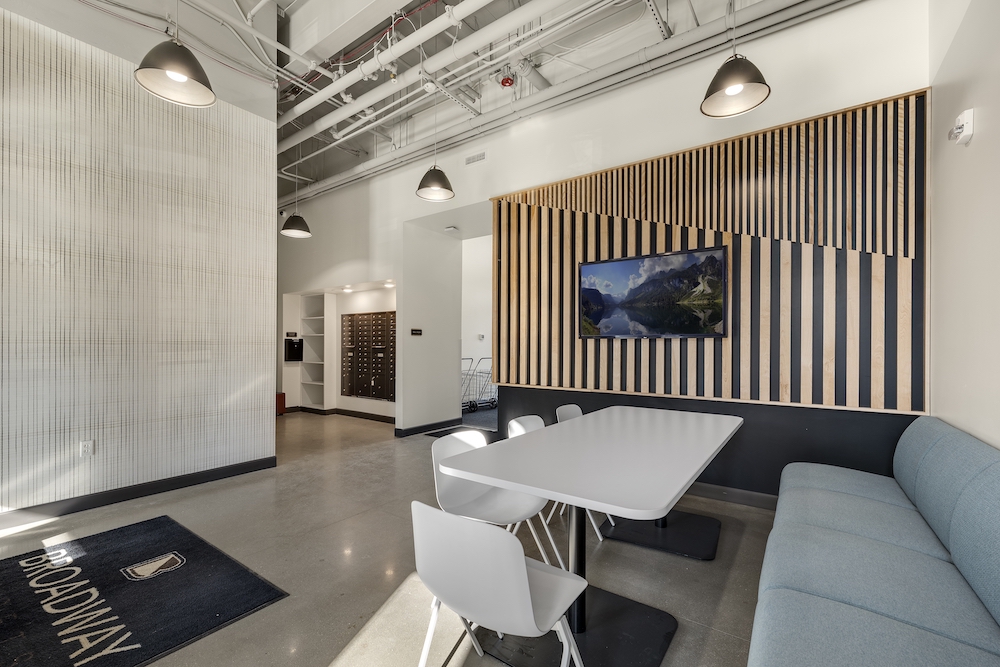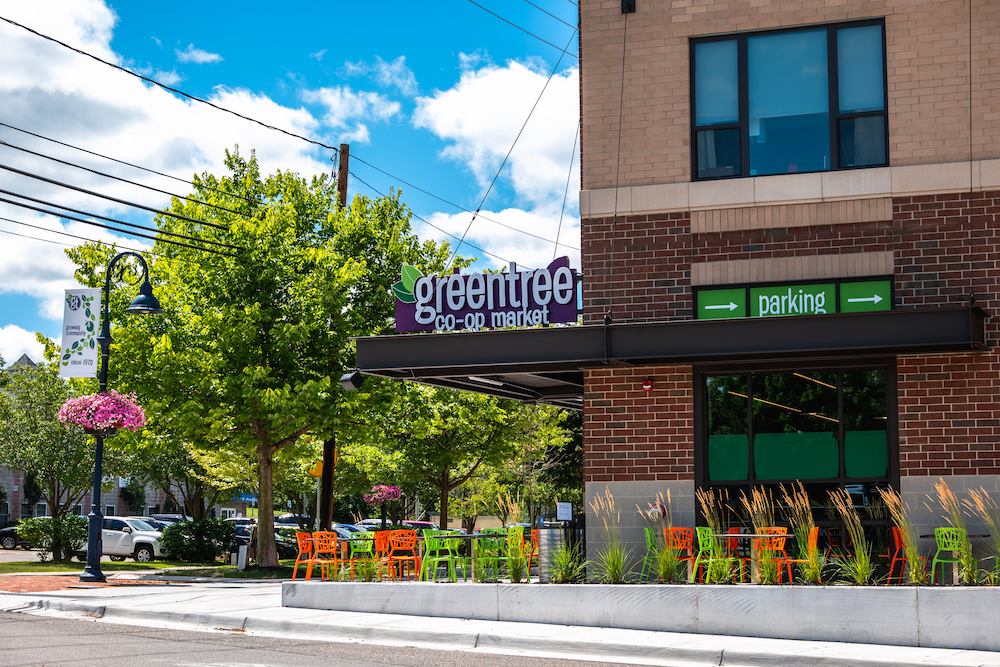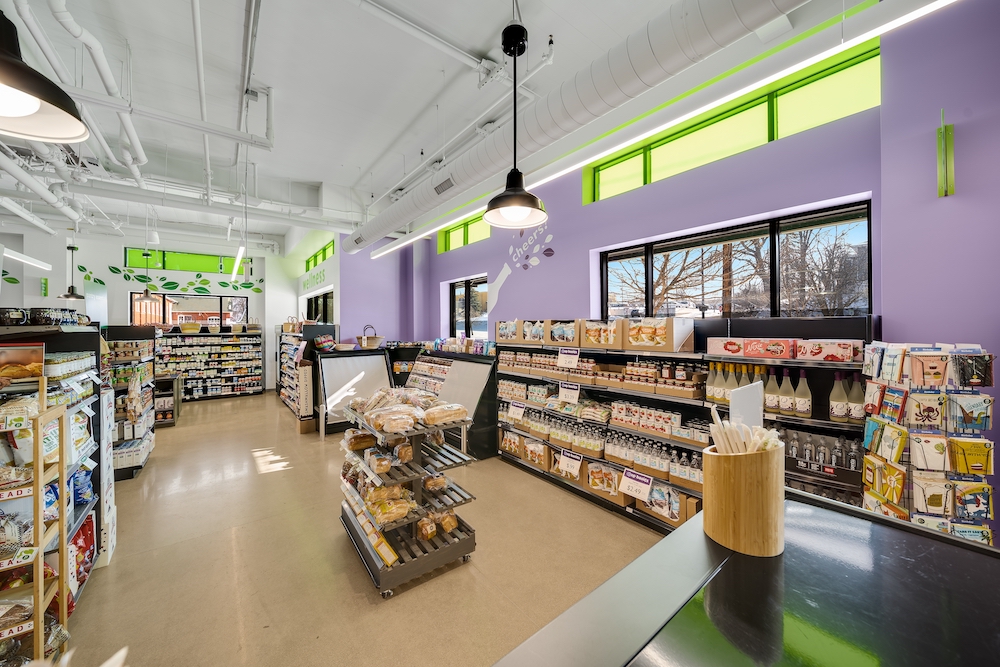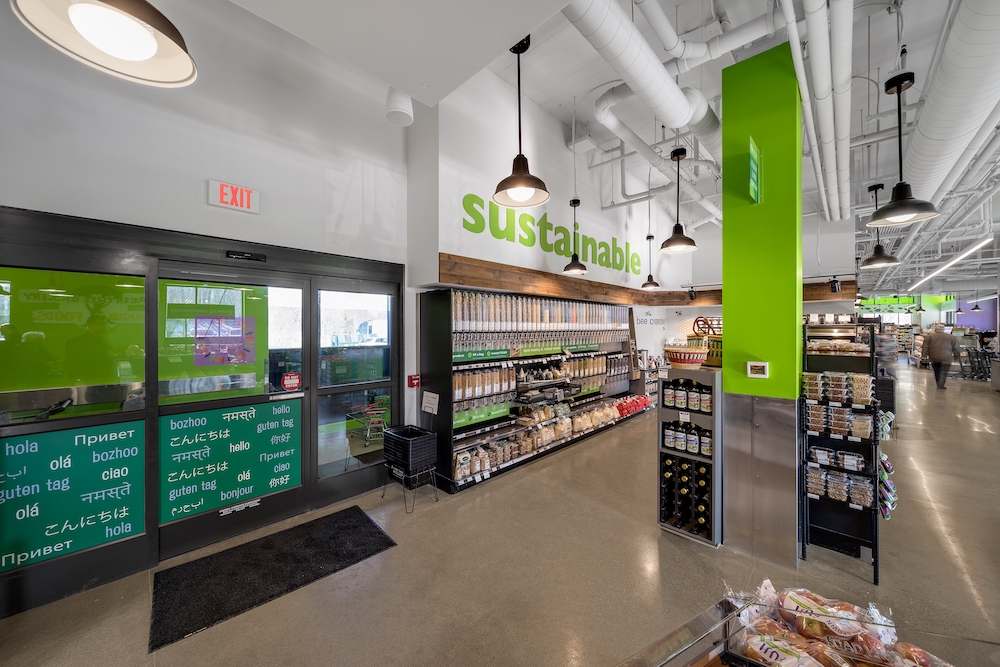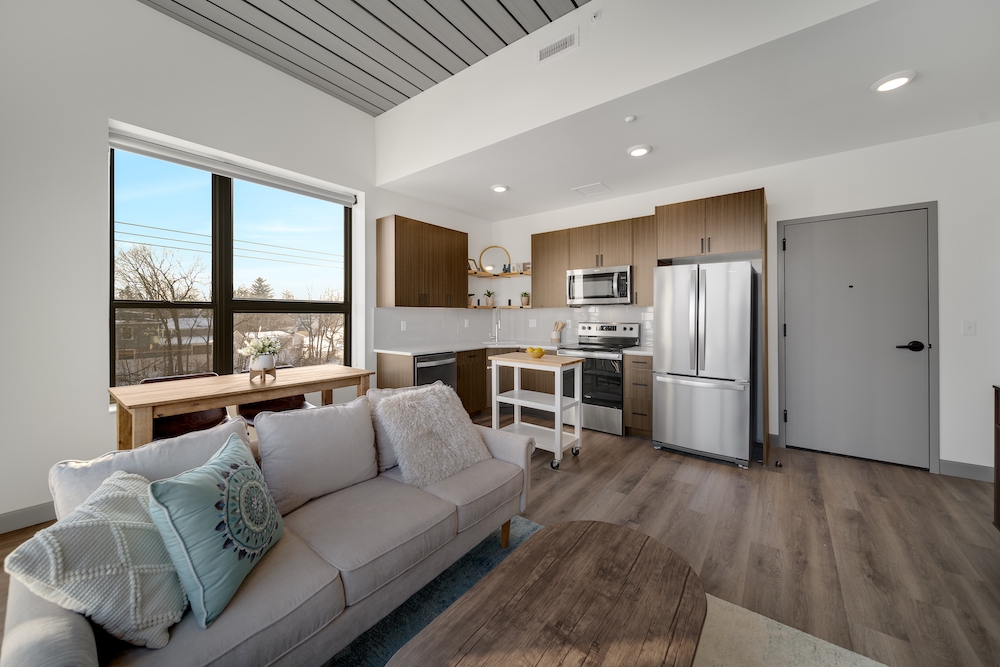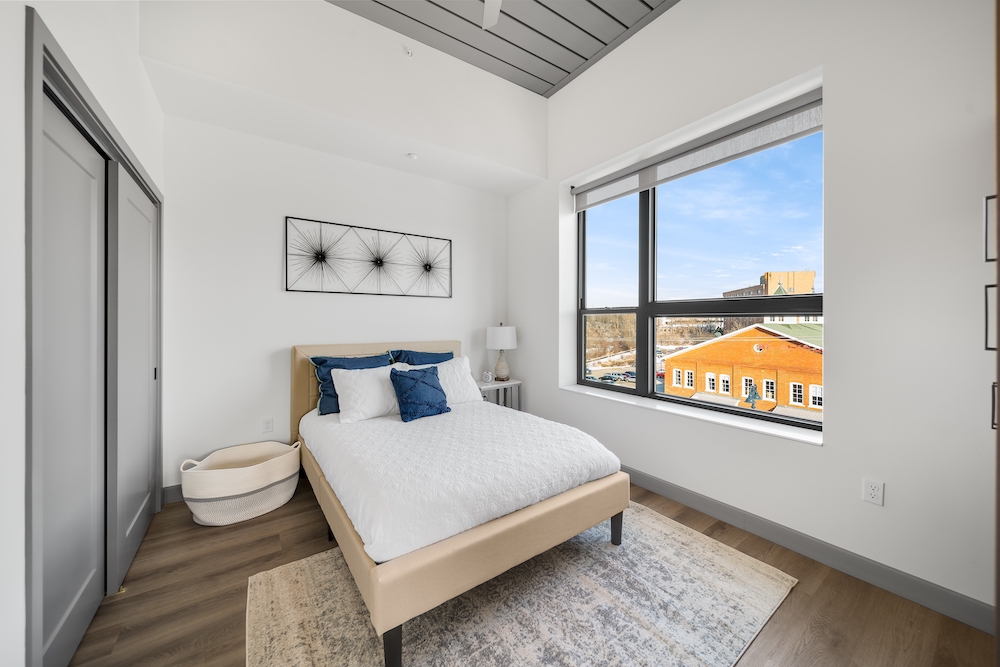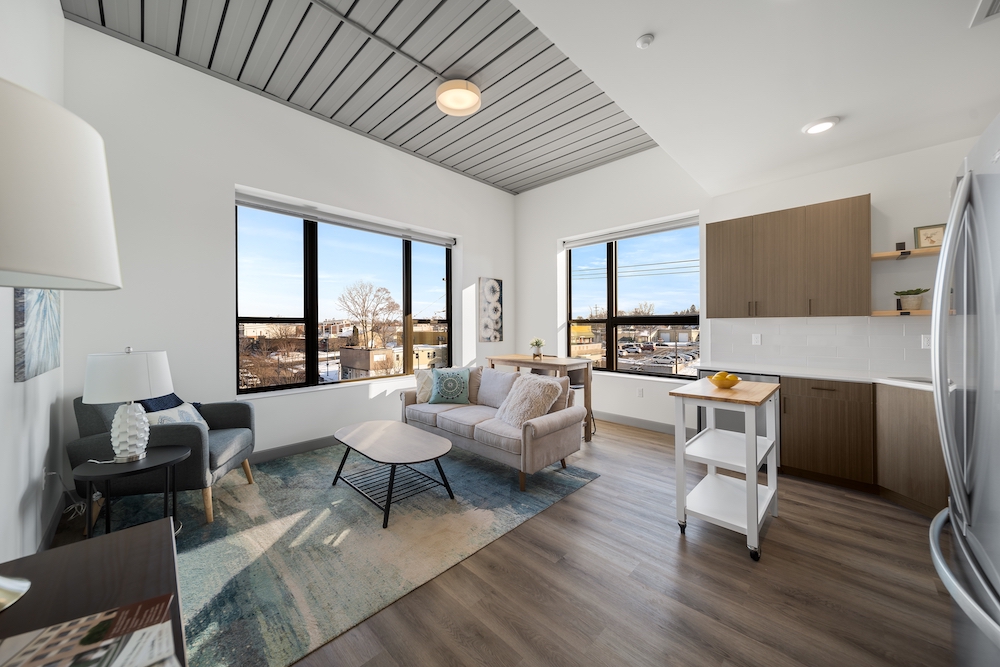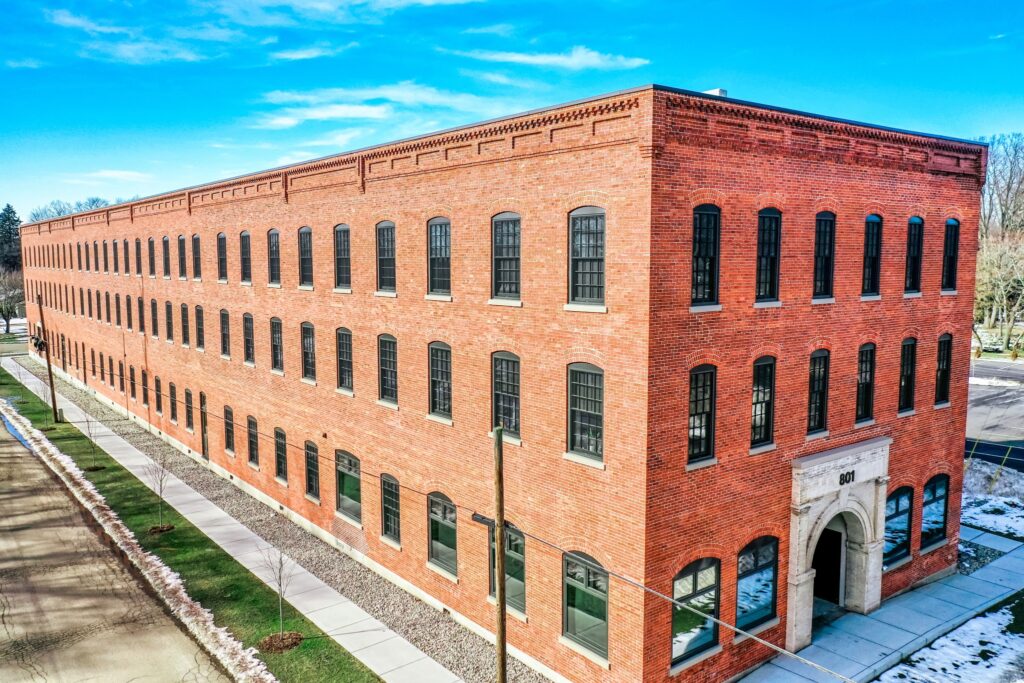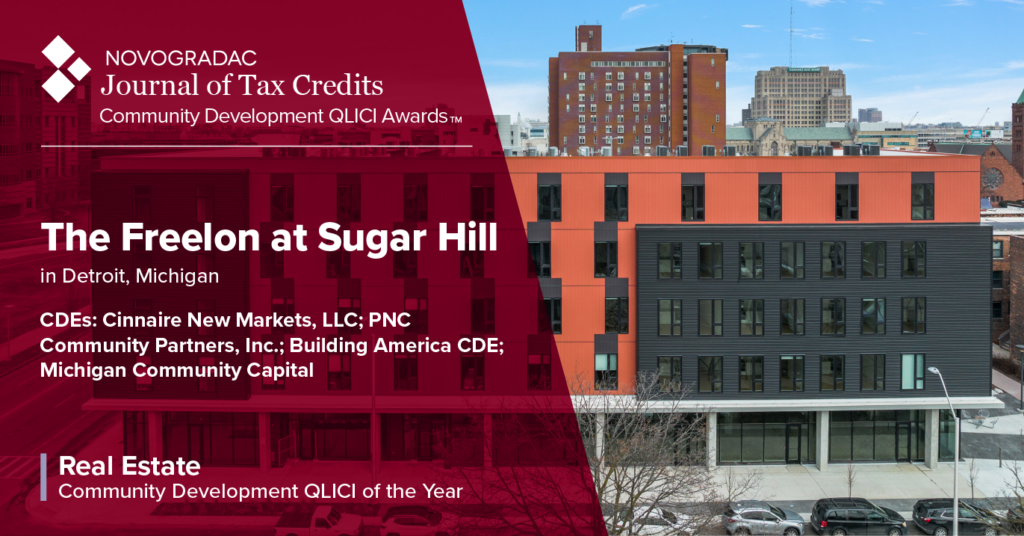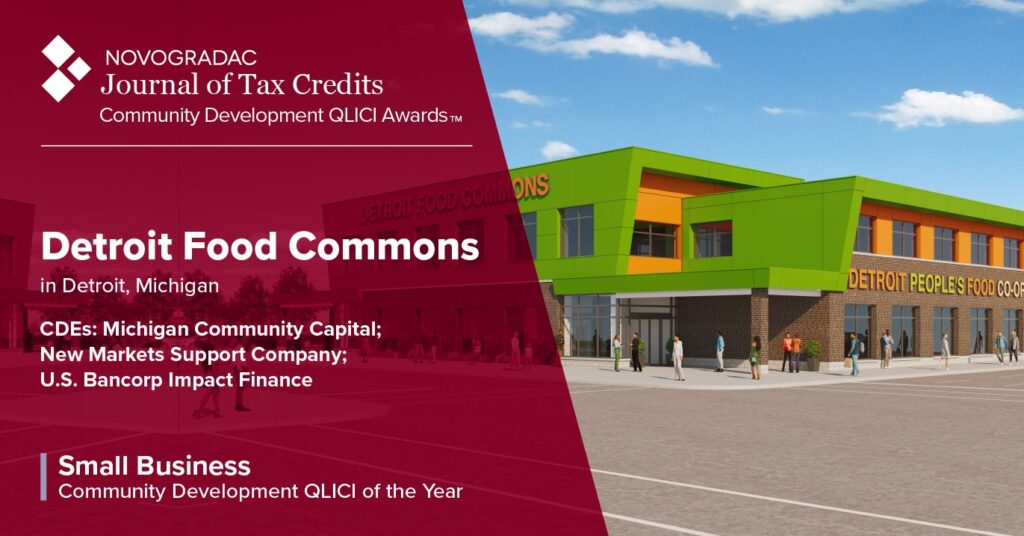Michigan Community Capital supports Micah 6’s community redevelopment project in Pontiac, Michigan.
FOR IMMEDIATE RELEASE
March 12, 2024
LANSING, Mich. – Micah 6 Community, a neighborhood-based nonprofit community development corporation dedicated to serving the city of Pontiac, received $15 million in New Markets Tax Credit allocation (NMTC) from Michigan Community Capital (MCC) on Tuesday, March 12, 2024 in support of the Webster Community Center project.
Micah 6 Community plans to transform a vacant former school into the Webster Community Center, which will include a small business incubator, a rentable commercial kitchen and food hub, a gymnasium for community activities, a health clinic, and more. The project will also serve as an indoor transportation center, and will have the only covered bus stop on the west side of M59. Tenants utilizing the community center will specifically use the space for services including:
- after school and summer programs for school age children;
- art classes and art therapy for all ages;
- empowerment programs for families;
- a coffee shop;
- STEM education;
- urgent care services;
- dance for school age children;
- sports leagues and mentoring for youth;
- local food cooperative; and
- adult education services.
“This project represents almost seven years of hard work and stubbornness from our team. We knew this project was important for our neighbors and our neighborhood. We believed it before anyone else did. We have diligently pushed through a pandemic, price increases, surprise basement floodings, and more strange circumstances that I can’t even remember, but we never questioned whether this project was worth it,” said Coleman Yoakum, executive director at Micah 6 Community. “There aren’t many people who started with us who are finishing with us. We are grateful for Michigan Community Capital for being there at the beginning, walking this long process with us and crossing the finish line with us.”
Located in Pontiac, the project falls within a “severely distressed” census tract based on a poverty rate of 36.4%, an unemployment rate of 8.6%, and within a designated USDA Food Desert.
This project is expected to retain or create approximately 70 permanent jobs, and 30 positions requiring no more education than a high school diploma. All full-time permanent jobs will be eligible to receive comprehensive benefits including health insurance, life insurance, and a retirement plan.
In November 2022, Michigan Community Capital closed a bridge loan to Micah 6 Community to bridge grant funds from the Michigan Department of Environment Great Lakes and Environment to help finance environmental remediation work at the site. In addition to the $15 million in NMTC allocation, MCC increased the bridge loan to support additional remediation work.
“MCC has been supporting Coleman and the Webster team for several years as they have worked tirelessly and selflessly to create a place that directly meets the needs of the Pontiac community,” said Eric Hanna, president and CEO at Michigan Community Capital. “Historic, adaptive reuse projects are incredibly important because they preserve the cultural identity and history of the neighborhood, bringing the building into the present so that its services can be enjoyed for generations. We commend the team on a big effort and outstanding job bringing such an impactful project to a major milestone!”
National Trust Community Investment Corporation (NTCIC) is providing a $7 million NMTC allocation.
“We are honored to be a part of this project and work with dedicated partners to bring this historic building back to life,” said Kathleen Galvan, Acquisitions Manager at National Trust Community Investment Corporation. “Coleman and the Webster team exemplify the mission of the NTMC program – they listened to and worked hand in hand with the community to create a unique place that serves the needs of their neighbors. Their hard work will touch many lives for years to come.”
PNC Bank is providing $3 million in NMTC allocation and federal historic tax credit equity. A PNC-managed fund is the NMTC investor.
“Over the years, PNC has collaborated with a number of organizations to benefit Pontiac residents and businesses,” said Michael Bickers, PNC regional president for Detroit and Southeast Michigan. “The Webster Community Center is a multifaceted project that will provide critical resources and access to programs that will benefit the city of Pontiac and its residents. PNC is committed to working with developers, governments, and residents to add projects such as this one to communities across the country.”
MEDC provided two sources of capital including a Revitalization and Placemaking (RAP) Grant and a Community Revitalization Program (CRP) Loan.
The Webster Community Center is a community-driven and supported project. The following organizations have financially supported the project: Oakland County, Cinnaire, IFF, Opportunity Resource Fund, EGLE, and others. The following foundations have also collectively contributed more than $5 million in grant funds; Carls Foundation, William Davidson Foundation, Ralph C. Wilson Jr. Foundation, Pontiac Funders Collaborative Community Foundation, Total Health Care Foundation, Ballmer Group, Consumers Energy Foundation, and other various organizations.
Learn more about this project at www.webstercommunity.org.
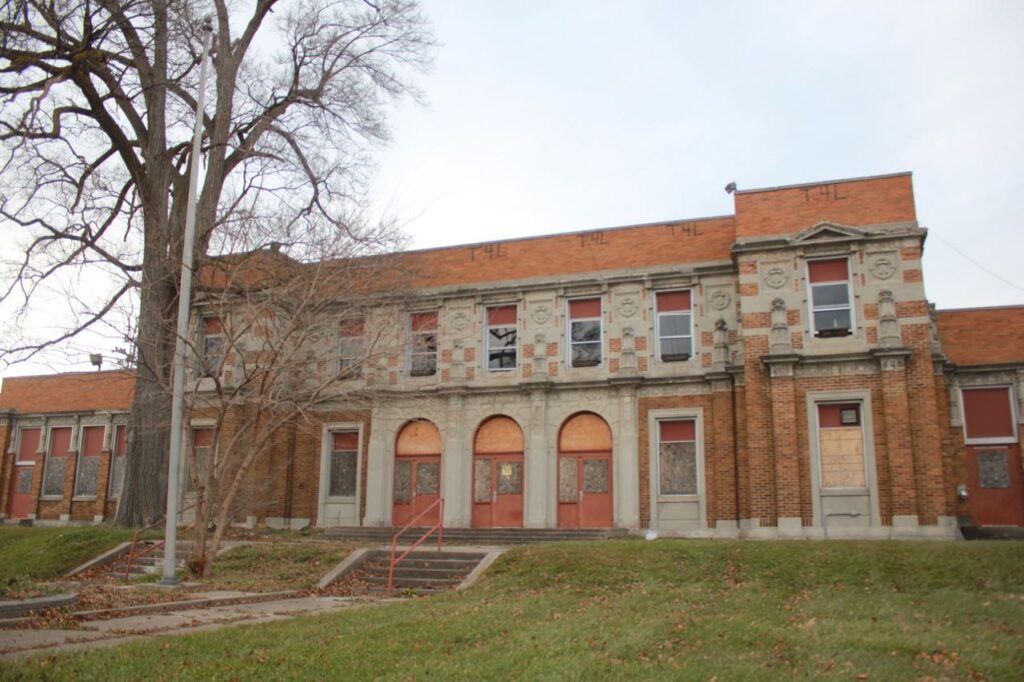
About Michigan Community Capital
Michigan Community Capital (MCC) is a non-profit diversified public-private partnership that supports the missions of the Michigan Economic Development Corporation (MEDC) and the Michigan State Housing Development Authority (MSHDA) by aggregating capital and facilitating the financing and development of low-income and attainable housing, and the redevelopment of complex brownfield sites within the State of Michigan. MCC is a U.S. Treasury certified Community Development Financial Institution (CDFI) and the only Community Development Entity (CDE) that deploys this resource solely throughout the entire State of Michigan. Since 2005, MCC has supported over $1.3 billion in project financing, successfully attracted $445 million in federal New Markets Tax Credits, and helped to create over 1,500 housing units, 4.3 million square feet of commercial, retail and industrial space to facilitate job creation and expansion and has insured over 22,000 affordable multifamily doors. MCC drives community development impacts in four key areas: Real Estate Development, CDFI lending, New Markets Tax Credits, and affordable Property Insurance. michigancommunitycapital.org.
###
